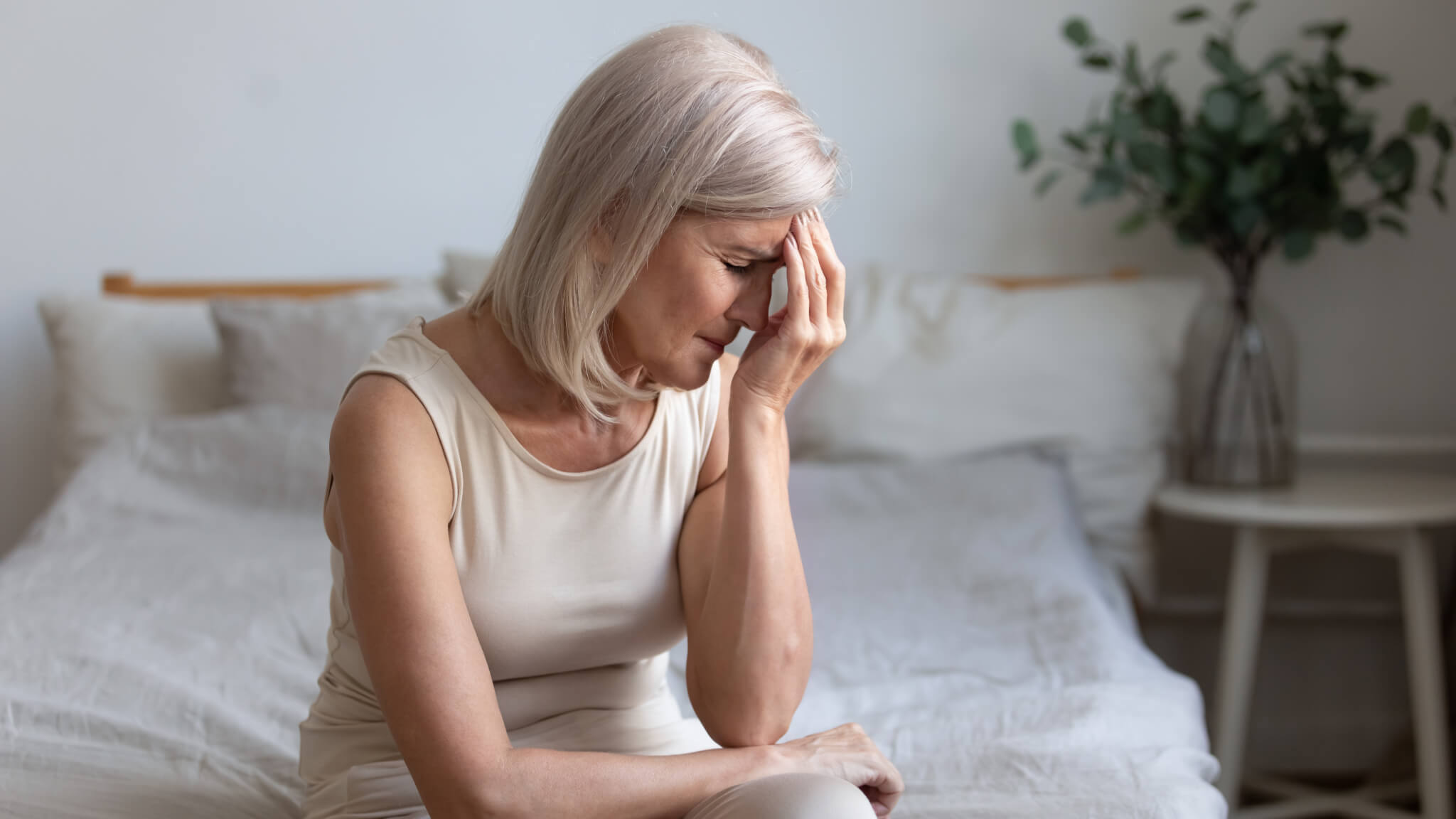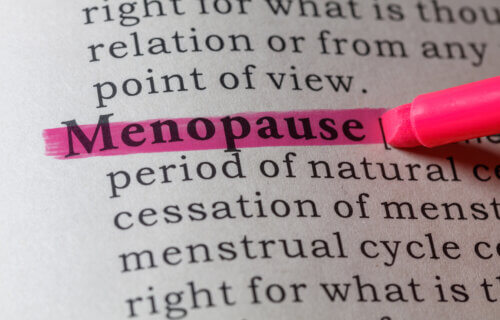CLEVELAND, Ohio — Entering menopause at an earlier age displays a link a greater loss of muscle mass and strength, a recent study warns. Researchers with The Menopause Society say these findings add to a long list of other negative health effects, such as an increased risk of heart disease and premature death, that occur when a person has a shorter reproductive lifespan than normal.
A woman’s reproductive age is determined by the age when she gets her first period and when she reaches menopause. Both menopause and the first menstrual cycle affect the female aging process. For example, a previous study discovered an annual muscle mass loss of 0.6 percent in postmenopausal women.
Age-related skeletal muscle loss and function is known as sarcopenia. By 2045, scientists estimate that 72.4 percent of the global population over 65 will deal with sarcopenia. If the condition is not addressed properly, sarcopenia can drastically reduce a person’s quality of life.
The decline in muscle mass will affect a person’s physical capability, increasing the risk of falls, disability, metabolic diseases, and mortality. There’s also a risk of weakening in the heart and lung muscles.

A handgrip test is a common way doctors check for sarcopenia. However, few if any studies have focused on the relationship between handgrip strength and a person’s reproductive period.
The current study looked at the handgrip strength of 2,300 postmenopausal women between 45 and 75 years-old. The authors found that women with a longer reproductive windows were less likely to have poor handgrip strength.
The authors note that other factors beyond skeletal muscle loss could have affected handgrip strength. They found that a person’s household income, level of education, how long mothers breastfed, and their daily vitamin D and protein levels also influenced the results. Additionally, race also played a factor, as Asian women experienced fewer cases of sarcopenia.
“This study showed that a longer reproductive period and later age at menopause were linked to a lower risk of low handgrip strength in postmenopausal Korean women. This finding may relate to the beneficial effects of estrogen on skeletal muscle. Additional longitudinal studies are needed in different populations to confirm these findings,” says Stephanie Faubion, medical director for The Menopause Society, in a media release.
The study was published in the journal Menopause.
You might also be interested in:
- Chimpanzees also experience menopause, new research discovers
- Vegan diet proves just as effective against menopause hot flashes as hormone therapy
- Prunes can preserve a woman’s bone strength after menopause

